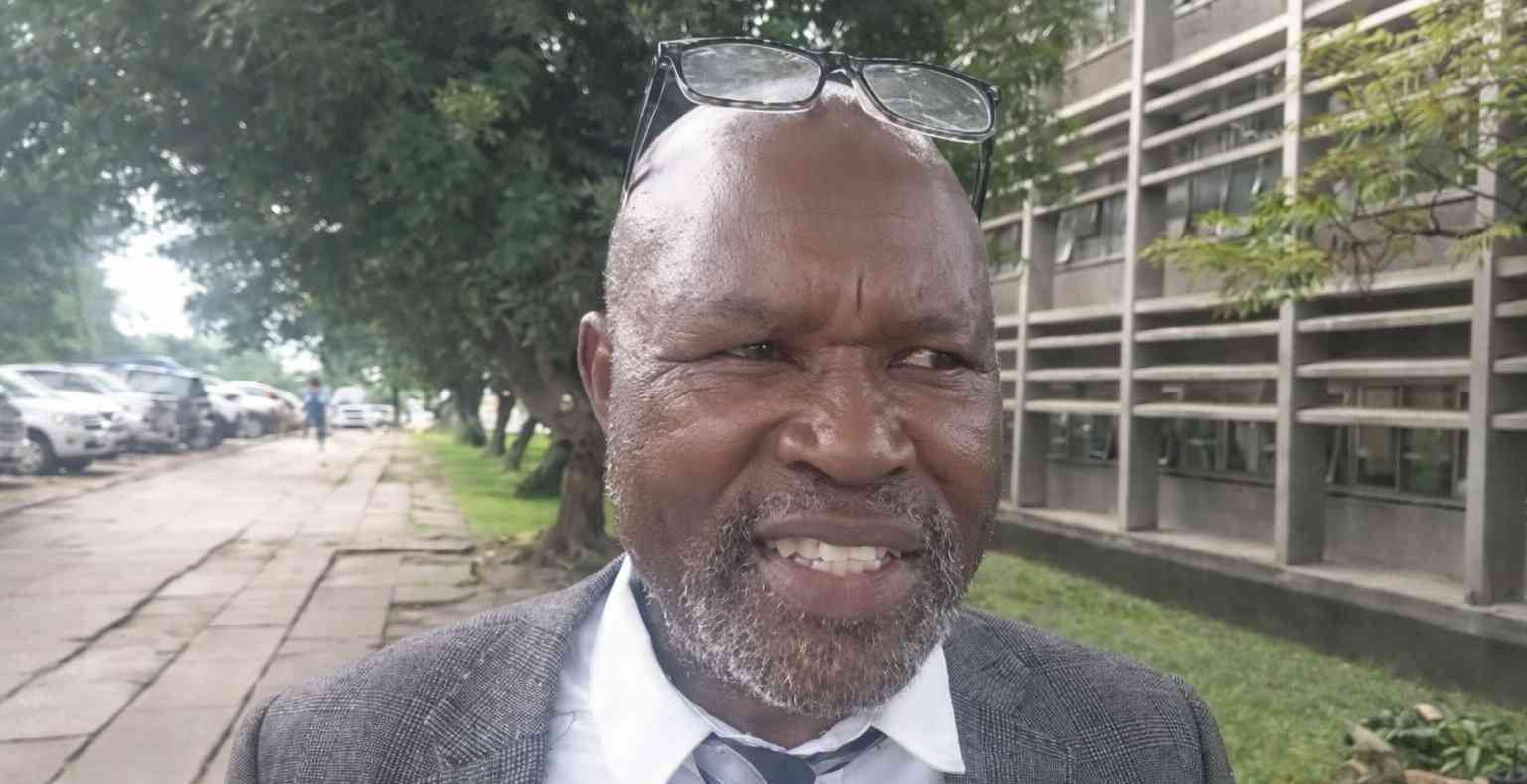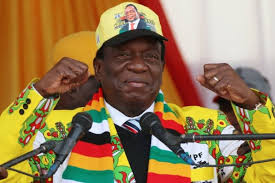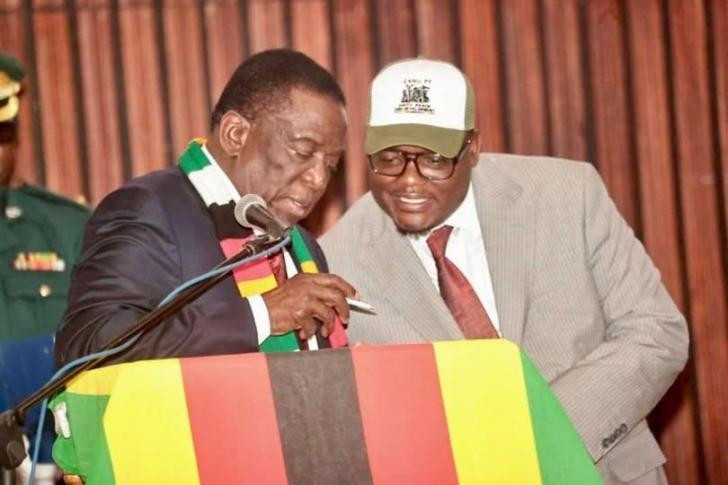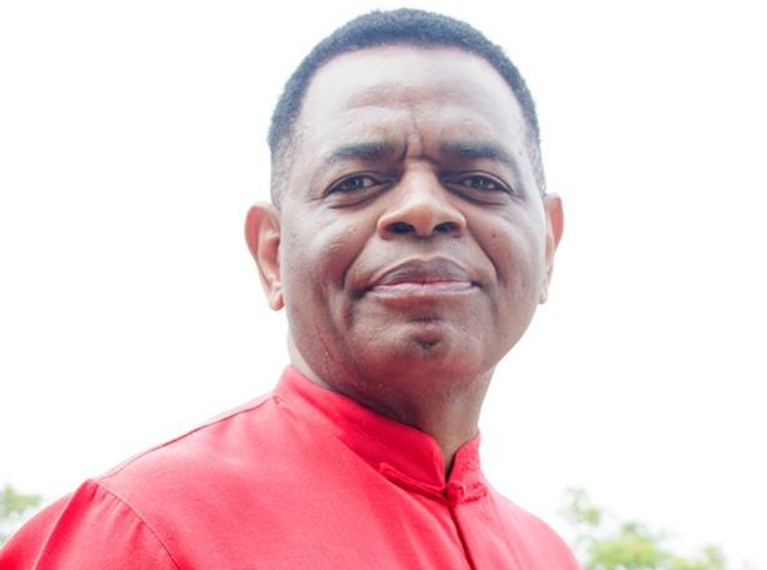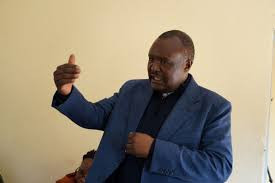
In September 2011, I wrote an opinion piece published in NewsDay titled “Mnangagwa efforts to bury Gukurahundi will not succeed.” At the time, Emmerson Mnangagwa—then Defence minister — had criticised the private media and opposition parties for “opening healed wounds” by continuing to speak about Gukurahundi.
He insisted the 1987 Unity Accord had settled the matter, and that there was “really nothing that Zanu PF needs to be open about.”
But I posed a simple question then, which remains just as important today: “Healed wounds? Whose reality is it: Mnangagwa’s or victims’?”
I argued, then as now, that only the victims have the right to determine whether their wounds have healed. Not perpetrators. Not politicians. Not the state.
Fourteen years later, Mnangagwa is no longer merely commenting on Gukurahundi—he is presiding over its so-called resolution.
The government has initiated what it calls “hearings” on the massacres that left an estimated 20 000 civilians dead in Matabeleland and parts of the Midlands between 1983 and 1987.
Mnangagwa, in what amounts to a subtle non-apology apology, has agreed to compensate Gukurahundi victims—a move some interpret as a strategic concession rather than genuine remorse.
While the gesture appears to acknowledge past wrongs, it is tightly controlled, with the government seeking to manage both the process and the public narrative.
- Mavhunga puts DeMbare into Chibuku quarterfinals
- Bulls to charge into Zimbabwe gold stocks
- Ndiraya concerned as goals dry up
- Letters: How solar power is transforming African farms
Keep Reading
By steering the discourse through carefully choreographed hearings and opaque mechanisms, Mnangagwa maintains narrative dominance while avoiding direct accountability for the atrocities committed during the Fifth Brigade campaign.
The initiative has been framed as a peacebuilding process led by traditional leaders.
On the surface, this might suggest progress. But beneath the façade of consultation lies a flawed process that falls far short of truth-telling or justice.
The main problem is that the state is still attempting to control the narrative of a genocide it refuses to fully acknowledge.
Chief Fortune Charumbira, the deputy president of Zimbabwe’s National Council of Chiefs, recently asserted: “It’s not genocide and it should not be classified as such until the whole processes are concluded.”
“Our approach is victim-centred,” he added.
The process is clearly not independent. It is not transparent. And most damning of all, it is not victim-led and therefore, not victim-centred.
Instead, the Office of the President and Cabinet—an institution implicated in the atrocities—is managing the entire effort.
Traditional chiefs, many of whom are either political appointees or Zanu PF loyalists, have been tasked with leading the hearings.
Victims may speak, but only within the confines permitted by the state.
Naming perpetrators is discouraged. Journalists are barred from covering proceedings.
The hearings are not broadcast.
And no one knows whether the testimonies will be archived, published, or simply discarded.
The decision to block the media from the hearings is deliberate and strategic.
It is Mnangagwa’s way of managing the narrative.
What we are witnessing is not a truth process. It is crisis management dressed up as healing.
A genuine truth process cannot be choreographed by those who stand accused. It certainly cannot demand silence where there should be truth.
The excuse that some of the testimonies would be sensitive is a way of managing the story. Did the victims consent to this? Were they even consulted?
This is not reconciliation—it is performative governance: an elaborate show meant to give the appearance of healing without actually delivering it.
The comparison with South Africa’s Truth and Reconciliation Commission (TRC) is instructive.
Though not without flaws, South Africa’s TRC created space for victims to tell their stories publicly.
It was independent, chaired by Archbishop Desmond Tutu, and backed by legislation—not shrouded in executive secrecy. Its hearings were televised.
Its findings were published. Its process recognised that healing begins with naming—naming the harm, the perpetrators, and the system that allowed atrocities to happen.
South Africa’s TRC made apartheid visible in ways that could not be denied, erased, or repackaged.
Zimbabwe’s process, by contrast, is shrouded in secrecy.
There is no accompanying education campaign to ensure that younger generations understand what happened. There are no legal guarantees of redress.
Yes, there is promise of compensation to be determined by the president, himself a perpetrator of the genocide.
There is no commitment, in short, to justice.
In 2011, I wrote that “some of the people who did this are still walking the streets with us.”
That remains true. Many victims have passed on without ever receiving recognition, apology, or restitution.
Some perpetrators remain in power. Meanwhile, the ruling party has learned how to reframe its image.
Mnangagwa is using the Gukurahundi hearings to serve a dual purpose: to pacify dissent in Matabeleland and the Midlands, and to rebrand the government as reformist without ever being accountable.
This is why the current process is so dangerous. It presents the appearance of healing without substance.
It allows the perpetrators of yesterday to manage the grief of today and define the truth of tomorrow. It insults the memory of the dead by treating their suffering as a political inconvenience.
There can be no true healing without truth. There can be no peace without justice.
Zimbabwe cannot selectively remember its history and expect to build a united future. The wounds of Gukurahundi are not healed.
They have been buried for a long time and now they are being policed under the guise of dialogue.
In 2011, I wrote that “the nation cannot lean on selective memory.” That line bears repeating.
Reconciliation demands more than public relations. It demands courage—the courage to confront the past, to name the harm, to listen to the aggrieved, and to pursue accountability, not avoidance.
Until that courage is found, the Gukurahundi hearings will remain what they currently are: a theatre of healing without truth, a ceremony of reconciliation without justice, and yet another chapter in Zimbabwe’s long history of silencing the very people who most deserve to be heard.
- *Reward Magadhi is an opinion writer and analyst who covers governance, corruption, and public policy in Zimbabwe. He can be reached at [email protected]

